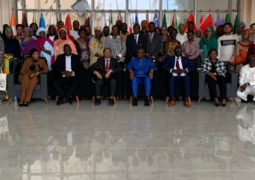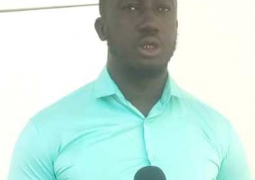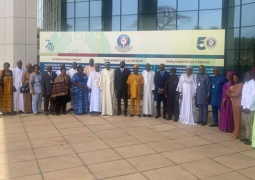
The case was presided over by Justice Omar Cham of the High Court. Among the bail conditions, the accused must provide two Gambian sureties, each with an affidavit of means, and deposit original title deeds with a valuable report on the property (ies).
According to the charges, Babucarr Bojang, on October 6, cultivated cannabis sativa plants weighing 502kg and 052g of prohibited drug between Kanilai and Kunjehjeh village. He was also charged with possession of prohibited drugs for trafficking purposes.
When the counsel for the accused filed an application supported by a 16-paragraph affidavit for bail, the State did not file any opposing affidavit. However, the State urged the court to consider the nature of the offence and its corresponding punishment when deciding on the bail conditions.
According to presiding judge Justice Omar Cham, several things were considered when granting the bail. These, he said, included the nature of the charge, the severity of the punishment, the quality of the evidence, the likelihood of the accused jumping bail or interfering with witnesses, the accused’s criminal record, if any, and the likelihood of repeating the offence.
He cited Section 99 of the Criminal Procedure Code which gives the court the power and discretion to grant bail in offences which do not carry death penalty or life imprisonment.
“The offence is bailable and I have considered section 24(3) (a) of the 1997 Constitution presumption of innocent of the applicant until proven guilty,” Justice O. Cham ruled.





